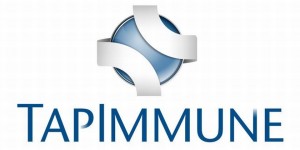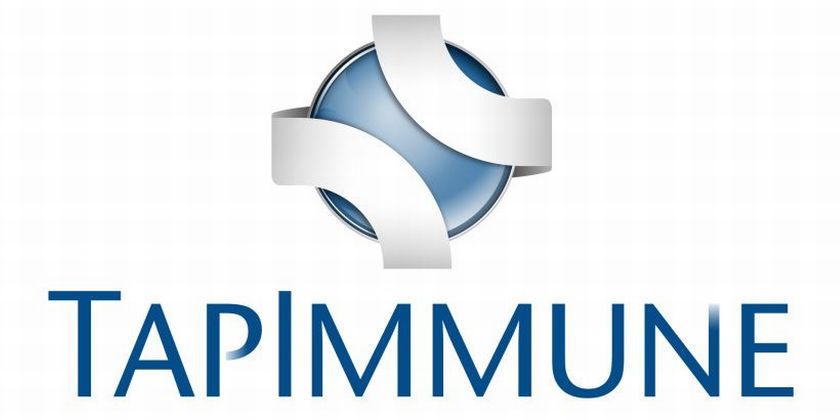 TapImmune Inc., an immunotherapy company developing innovative peptide and gene-based vaccines targeting cancer and infectious diseases, has announced that Dr. Keith Knutson, PhD, has been appointed to chair the company’s scientific advisory board.
TapImmune Inc., an immunotherapy company developing innovative peptide and gene-based vaccines targeting cancer and infectious diseases, has announced that Dr. Keith Knutson, PhD, has been appointed to chair the company’s scientific advisory board.
TapImmune had licensed cancer vaccine technologies that were developed in Dr. Knutson’s previous laboratory at the Mayo Clinic, which are now completing Phase I clinical trials in breast and ovarian cancer, with possible Phase II studies beginning later this year.
In a recent interview to BioMedReports, Dr. Knutson explained that what led him to join the TapImmune advisory board were the scientific approaches the company applies in generating tumor-specific immunity with innovative vaccine strategies, noting TapImmune’s use of epitopes (fragments of proteins which are recognized by the immune system) from specific tumor proteins, coupled with innovative vector systems — a combination designed to induce potent anti-tumoral responses by the immune system. Additionally, TapImmune is attempting to genetically modify tumors, rendering them susceptible to mounted immune responses.
Cancer cells can evade immune detection using several strategies, such as down regulating the expression of TAP molecules, a group of proteins produced by all cells in the body that allows them to be “examined” and killed by the immune system if they present any abnormal characteristic. By reintroducing TAP expression in tumor cells using the company’s proprietary PolyStart ™, a DNA vector approach that has been strategically designed to directly stimulate cytotoxic killer and helper T-cells’ reactive proprietary peptides, the tumor immune evasion can be stopped.
“Successful development of the TapImmune technologies will foster significant discoveries that have a wide range of applications to other diseases such as infectious diseases,” said Dr. Knutson.
There are currently 3 vaccine clinical trials being developed at the Mayo Clinic involving TapImmune technologies. The Phase 1 HER2/neu clinical trial targeting breast and colorectal cancers has produced encouraging data, indicating that the selected peptide antigens are safe. However, the assessment of immune responses is logistically challenging and still needs to be addressed, but the company expects to release additional information later this year.
Additionally, the company expects to present a Phase 2 advancement plan by the end of 2014 for its Folate Receptor Alpha Breast and Ovarian Cancer trial, including an Orphan Drug designation by the Food and Drug Administration.
“The technologies and platforms being developed are significant advances because they will enable the generation of more potent cancer-rejecting immune responses in a broader number of cancer patients as compared to existing modalities. Immunotherapy of cancer is an existing strategy borne out by decades of research into the role of immune system in cancer. Through our increased understanding of the immune system and how it is regulated we have become better equipped with knowledge to apply immunotherapy, particularly in humans,” concluded Dr. Knutson.


